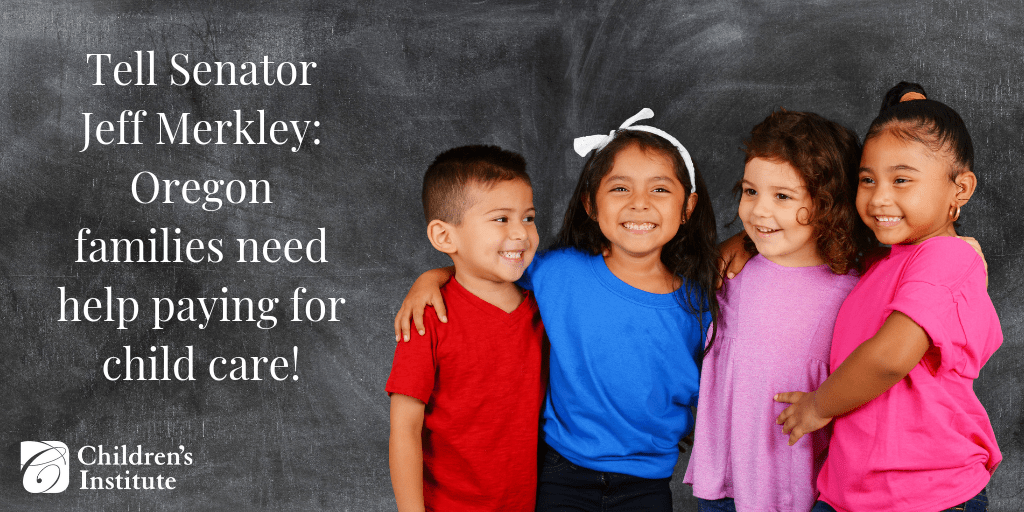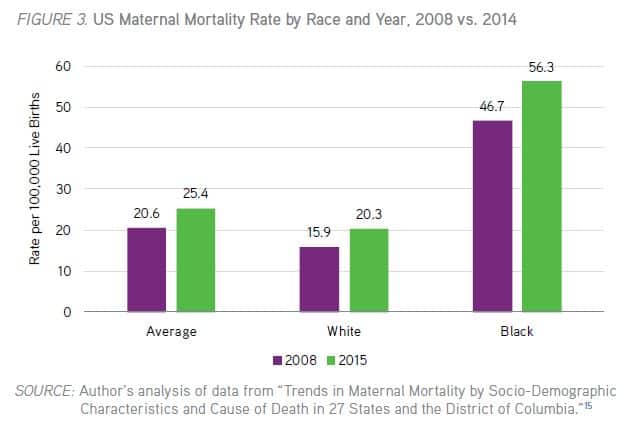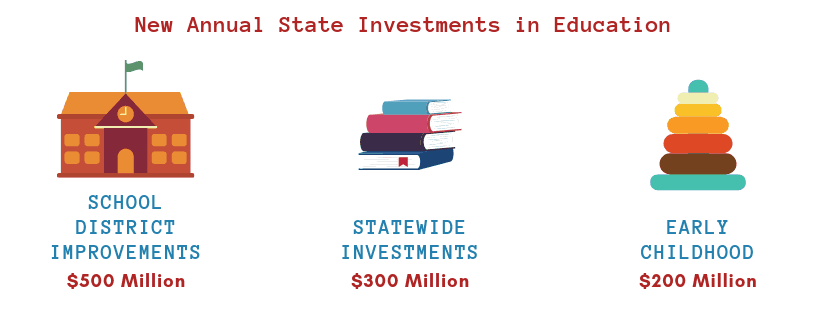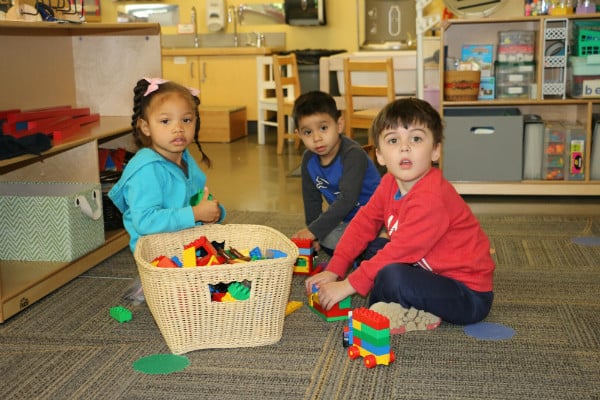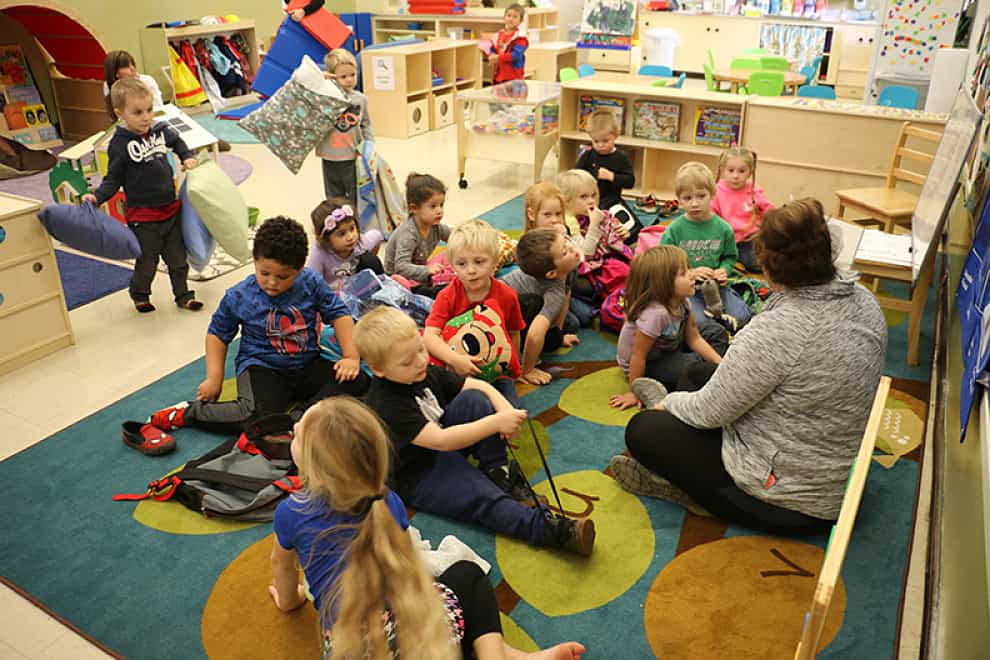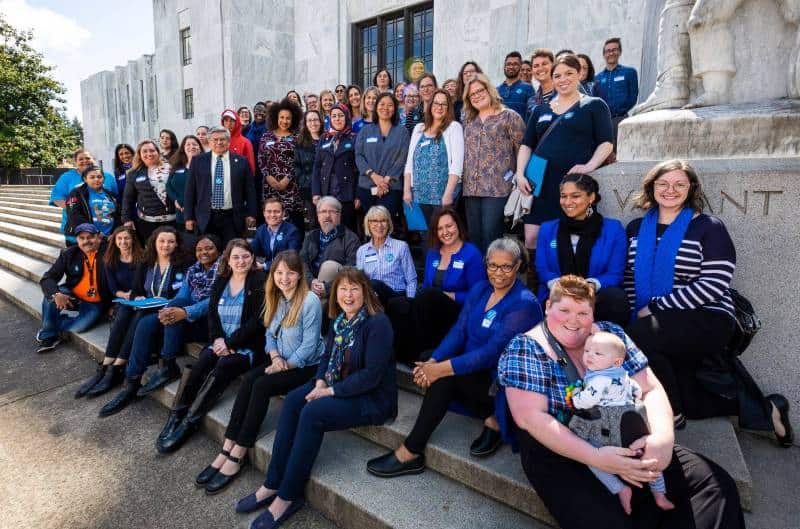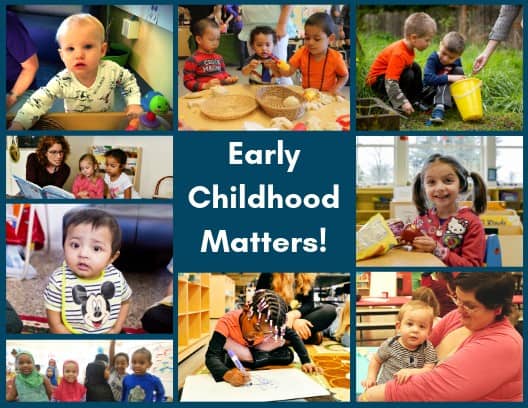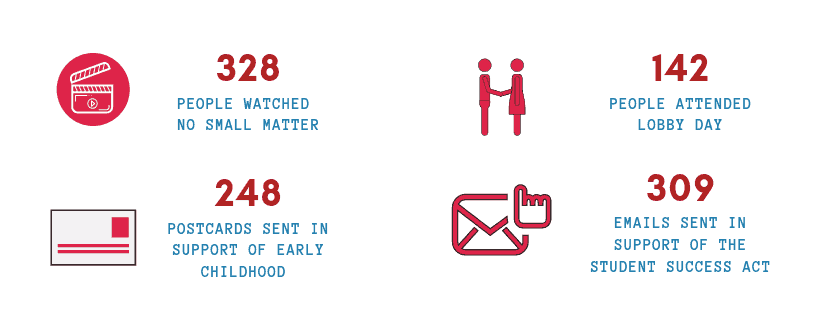Working Together, Advocates Delivered a Consistent Message
Educating lawmakers on the importance of early childhood was only the first step. Because we’re still in the process of developing a comprehensive system for children under 6, it’s not possible to “invest in early childhood” in the same way the state invests in K–12 education. Instead, lawmakers needed to determine which programs and services to fund, and how much money to give them.
The nearly 40 advocacy organizations in Oregon’s Early Childhood Coalition (ECC) played a key role in helping legislators make those determinations. Dana Hepper, our director of policy and advocacy, helped lead the coalition, which formed in December 2017. “The investments in early childhood that were ultimately included in the Student Success Act were based on recommendations developed by the ECC. We worked together over six months to determine which programs and services needed to be funded and at what levels, educate lawmakers about their impact, and engage Oregonians to support the investments,” Hepper explains. Thanks to Governor Brown’s leadership leading up to the 2019 session, the ECC was able to use investments in early childhood included in the governor’s recommended budget, released in November of 2018, as a starting point for their legislative agenda.
Speaker Kotek echoed the importance of this advance work to determine the coalition’s priorities. “Success [in the legislature] is grounded in the hours and hours of work that are done even before the session starts in January,” she told attendees of the City Club’s Friday Forum last month. “Education experts consistently told us that more resources for early childhood education were necessary if every student were to be able to succeed.”
The consistency of the message was key. “The ECC was successful because we aligned our efforts by aligning our missions,” says Cara Copeland, executive director of the Oregon Association of Relief Nurseries. “When early childhood providers work and fundraise in isolation, they lose sight of the fact that families raising young children need a variety of supports in order to thrive. A family may receive support from a Relief Nursery to help build their protective capacity, but after that child leaves our therapeutic classroom the parent must still have affordable child care and a plan for quality preschool.”
The ECC’s requested investments in Relief Nurseries, Early Head Start, parenting education, Oregon Pre-Kindergarten, Preschool Promise, Early Intervention and Early Childhood Special Education, an Early Childhood Equity Fund, and opportunities for the early childhood workforce were all included in the Student Success Act.
ECC recommendations to fund the universal voluntary home visiting program “Family Connects” and launch a task force to address Oregon’s child care crisis were also passed by the legislature this year in separate bills.

